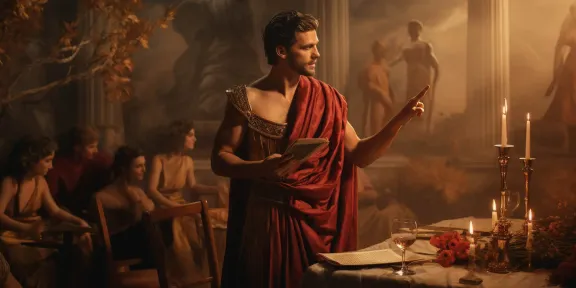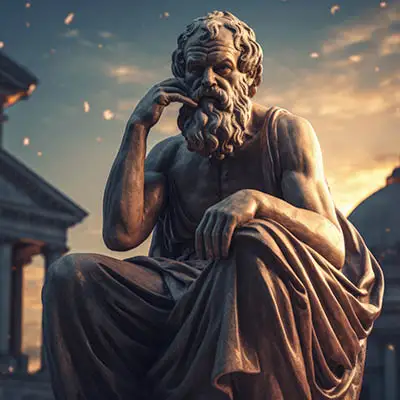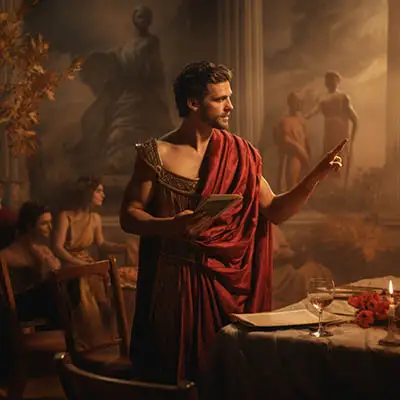
Marcus Aurelius
“Waste no more time arguing what a good man should be. Be one.”
Marcus Aurelius Facts
- Marcus Aurelius was born on April 26, 121 AD in Rome, Italy.
- He was Roman Emperor from 161 to 180 AD.
- Marcus Aurelius is considered one of the Five Good Emperors of Rome.
- He was known for his Stoic philosophy and wrote the famous work Meditations.
- Meditations is a series of personal writings by Marcus Aurelius in which he reflects on Stoic philosophy and his own life experiences.
- Marcus Aurelius was a student of Stoic philosophy from a young age.
- He was adopted by the Emperor Antoninus Pius, which paved the way for him to become Emperor.
- Marcus Aurelius was known for his self-discipline and dedication to duty.
- He was the last of the Five Good Emperors and his reign marked the end of a period of relative peace and stability in the Roman Empire known as the Pax Romana.
- Marcus Aurelius faced challenges during his reign, including wars with Germanic tribes and the Antonine Plague.
- Despite these challenges, he is remembered for his commitment to justice, wisdom, and virtue.
- Marcus Aurelius was married to Faustina the Younger, with whom he had at least 13 children.
- He was a proponent of civic duty and believed in the importance of serving the common good.
- Marcus Aurelius is often depicted in art and sculpture with a beard and wearing a toga.
- He died on March 17, 180 AD in Vindobona, modern-day Vienna, Austria.
- Marcus Aurelius was known for his belief in the interconnectedness of all things and the importance of living in harmony with nature.
- His Stoic philosophy emphasized the importance of focusing on what is within our control and accepting what is outside of our control.
- Marcus Aurelius was a respected military leader and led campaigns against the Parthian Empire in the east.
- He is considered one of the most influential Stoic philosophers in history.
- Marcus Aurelius' Meditations continues to be studied and revered by philosophers, scholars, and individuals seeking wisdom and guidance in their own lives.

